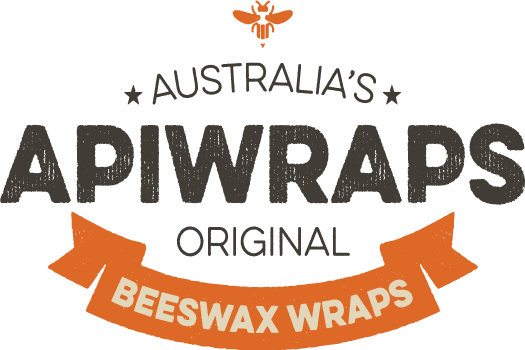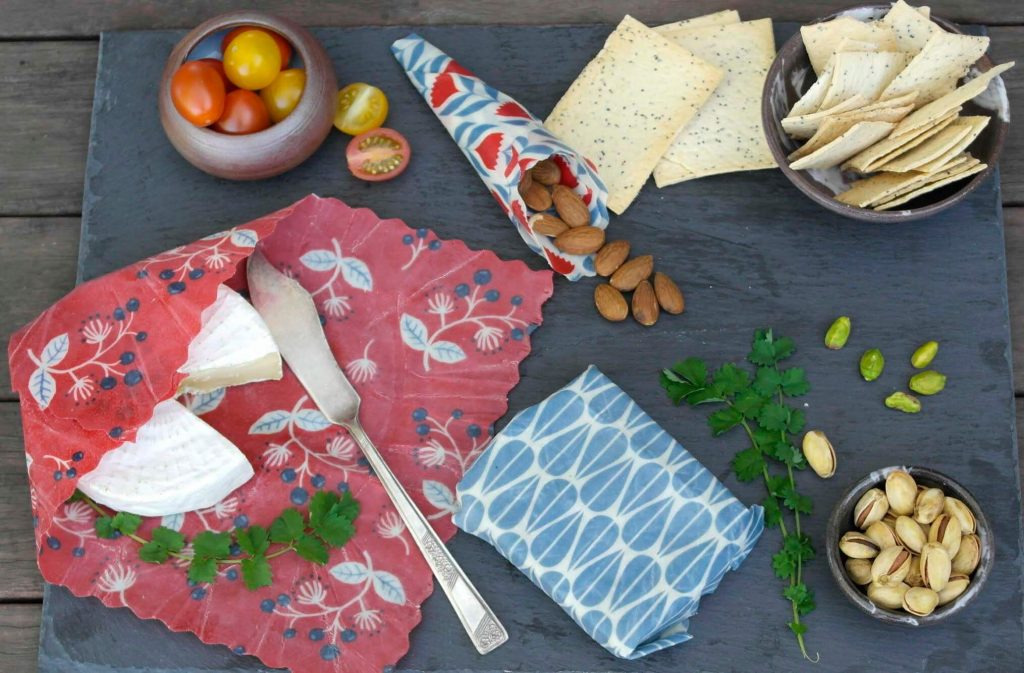How to store cheese the traditional way.
Skip the plastic, save the planet and your health, and keep cheese indefinitely in the fridge.
Traditional plastic free cheese storage is possible and it’s easy too! If you’re not sure what the fuss is about storing your cheese in plastic – I’ll jump up on my soapbox at the end for a bit of an explanation. In the meantime, keeping cheese in the traditional way with natural beeswax means cheese that doesn’t dry out, doesn’t grow mould and will be ready to eat when you are.
It’s really a pity when food spoils – and cheese is really nutrient dense, expensive food too.
Top pointers for keeping cheese
Always wash your hands before touching cheese
And then handle it as little as possible. Even after washing hands there are always some germs left that can transport onto the cheese in fingerprints. Sadly cheese is an excellent breeding ground for all sorts of moulds – think petri dish in your apiwrap!
Make sure there is no moisture trapped inside
No wet, just washed hands, and no damp chopping boards making the cheese wet before wrapping up! This moisture will get trapped inside and the cheese will start to spoil. Be careful here of the plastic wrapping it came in. Sometimes these can leave the cheese a little wet.
Use your newer apiwraps rather than your older ones.
Apiwraps lose their wax slowly over a year or two and if they’ve started to get a little thin they won’t have the same moisture retaining capacities of newer ones (a great reason to join our subscription club – you’ll always have nice new ones handy!) If the wax is not good and thick the cheese will dry out.
Choose a nice big apiwrap
If you’re only just covering your cheese you get full protection – plenty of overlap will save you from dried out spots where the apiwrap is only just reaching. (think medium size for a wedge of parmesan, large for a block of cheddar).
Keep it tight!
Wrap on the diagonal so that you get a bit of stretch on the bias (pulling diagonally against the weave) this will make your apiwraps super tight and give you heaps of overlap too. Make sure there’s no air trapped inside by pinching the corners. It should make a second skin.
Check out our video here
Why does it matter that you store cheese without plastic?
Cheese is often wrapped in flexible plastic, cling wrap or polypropylene. These plastics are made pliable with a plastic additive called pthathate. Pthathate is a known problem for pregnant women and children. While certain pthathates have been banned in some countries after studies proved them to be harmful, they still turn up after bans are in place.
Endocrine disturbing chemicals leeches out of plastic wrapping and into your food. This is enhanced when the food has a high fat content. Like cheese. The result is a snack laced with chemicals and a bio accumulation (build up) of nasty chemicals that impact a long list of autoimmune, allergy and inflammation issues including polycystic ovary syndrome.
While BPA received a lot of press when government regulators finally conceded that they couldn’t deny the evidence anymore, phthalates have proven harder to corner them on. While there have been many scientific studies that have proven beyond doubt that this is indeed a problem, there have been industry funded studies that show that immediate (non-bioaccumulative) effects are minimal. Human bodies are efficient at flushing out toxins and we can manage quite well with a little intake. But of course it’s not the first exposure that causes a problem.
Need to sort your food storage out? Our Cheese Lovers Pack has two small apiwraps perfect for specialty cheeses, and a medium size, great for a 300g cheese like a wedge of parmesan. If you need a bigger block of cheddar wrapped up the Kitchen Basics Pack has a small, medium and a large apiwrap ready for all your cheese.

